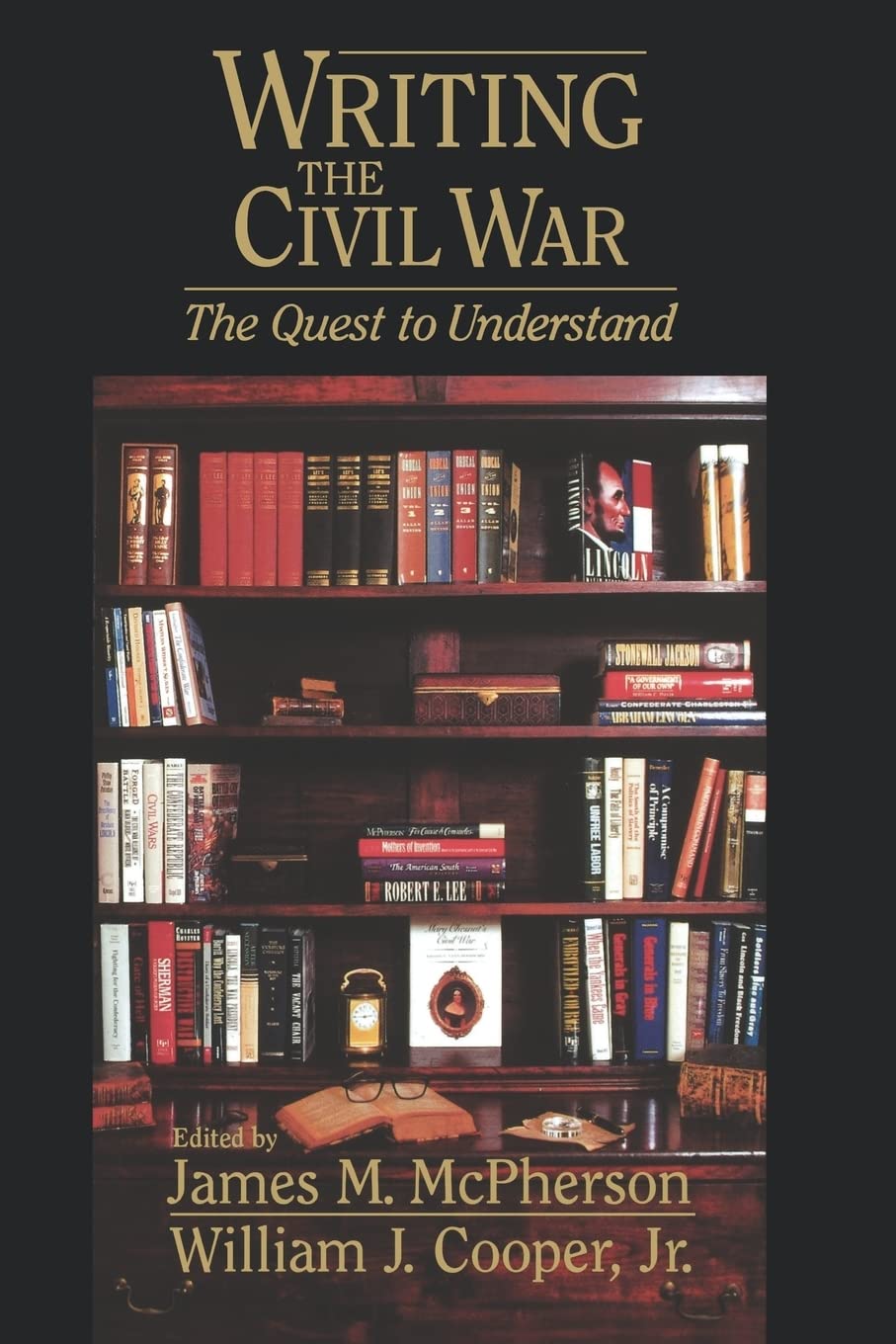Writing the Civil War : The Quest to Understand
Couldn't load pickup availability
Delivery and Shipping
Delivery and Shipping
Books Products can be shipped via standard methods using carriers such as UPS, FedEx, and USPS. Very large, heavy, or bulky items (like bathtubs and appliances) as well as large-quantity orders, may require oversized freight delivery, which can add an additonal shipping charge. Please contact us if you have any questions at 844-438-7674
Return Policy
Return Policy
You may return most item(s) in their original unopened package within 30 days from the date of receipt. (Please note some items may be sepical order non-returnable). If your item(s) get approved for return, you will be credited the full amount minus any shipping charges and restocking fees.
Please contact us if you have any questions
Studies diverse topics on the writing of Civil War historyNo event has transformed the United States more fundamentally?or been studied more exhaustively?than the Civil War. In Writing the Civil War, fourteen distinguished historians present a wide-ranging examination of the vast effort to chronicle the conflict?an undertaking that began with the remembrances of Civil War veterans and has become an increasingly prolific field of scholarship. Covering topics from battlefield operations to the impact of race and gender, this volume is an informative guide through the labyrinth of Civil War literature. The contributors provide authoritative and interpretive evaluations of the study and explication of the struggle that has been called the American Iliad.The first four essays consider military history: Joseph Thomas Glatthaar writes on battlefield tactics, Gary W. Gallagher on Union strategy, Emory M. Thomas on Confederate strategy, and Reid Mitchell on soldiers. In essays that focus on political concerns, Mark E. Neely, Jr. links the military and political with his examination of presidential leadership, while Michael F. Holt surveys the study of Union politics, and George C. Rable examines the work on Confederate politics. Michael Les Benedict bridges political and societal concerns in his discussion of constitutional questions; Phillip Shaw Paludan and james L. roark confront the broad themes of economics and society in the North and South; and Drew Gilpin Faust and Peter Kolchin evaluate the importance of gender, slavery, and race relations.Writing the Civil War demonstrates the richness and diversity of Civil War scholarship and identifies topics yet to be explored. Noting a surprising dearth of scholarship in several area, the essays point to new directions in the quest to understand the complexities of the most momentous event in American history.






